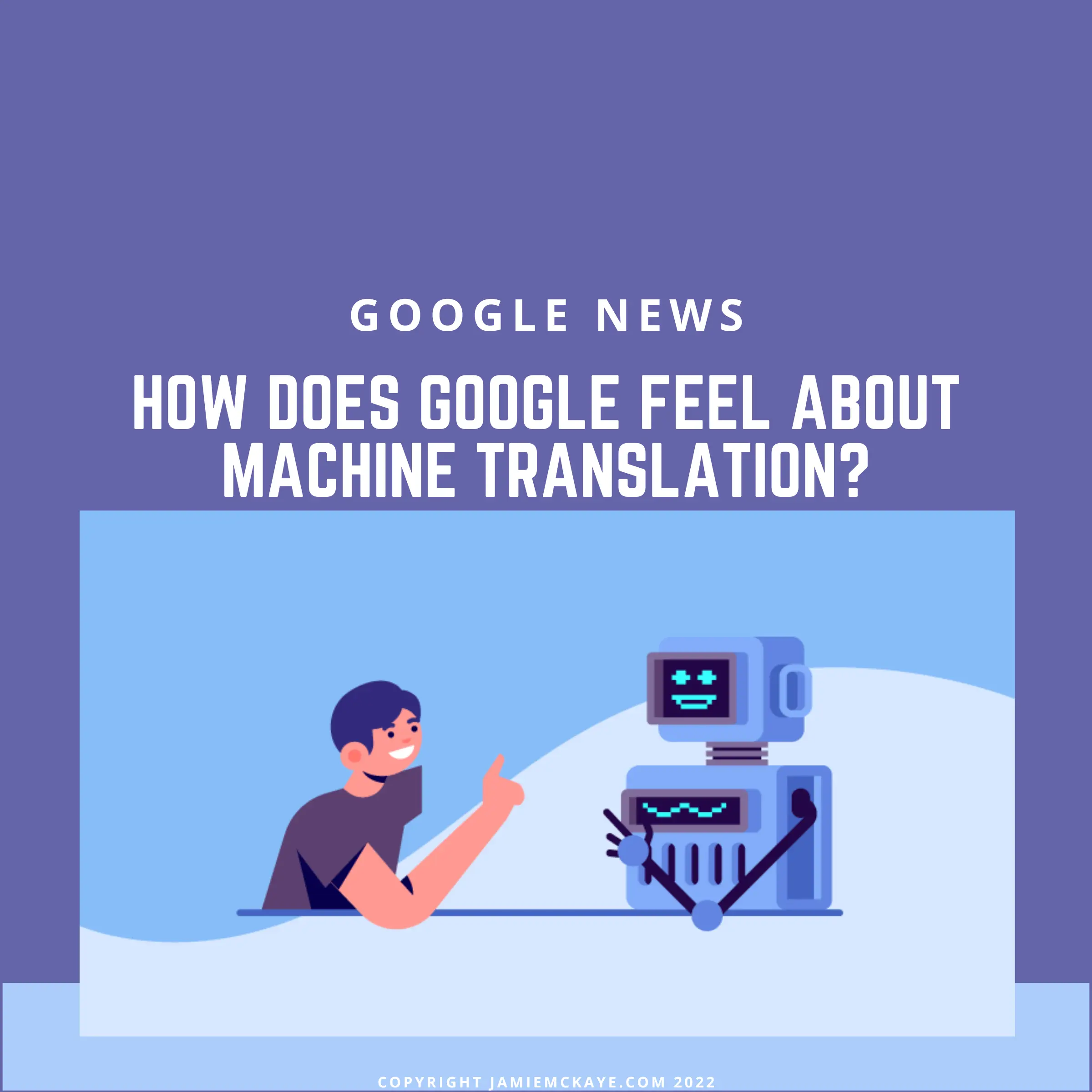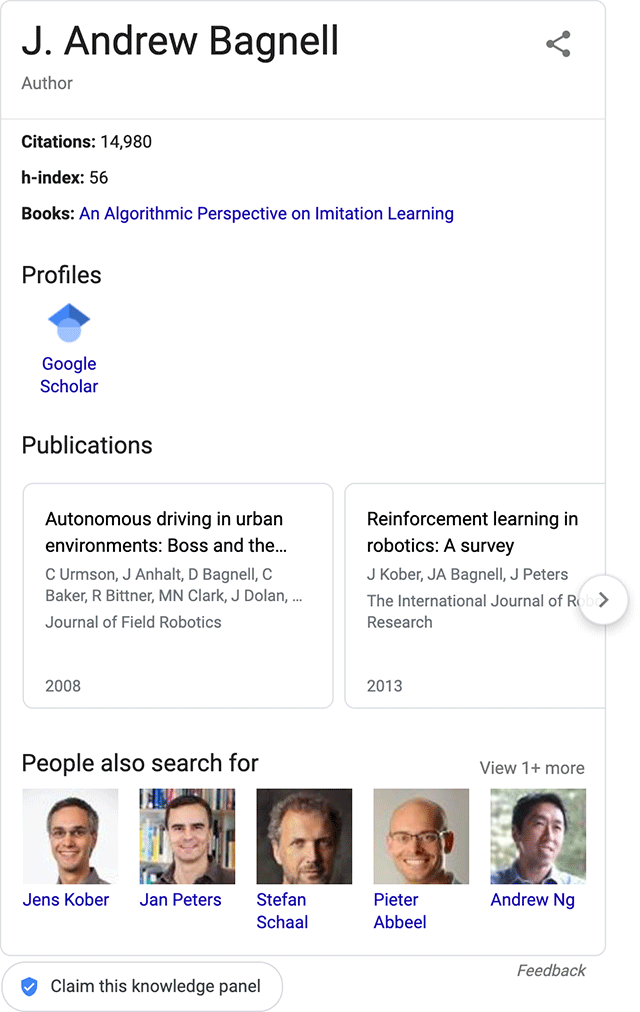How does Google feel about Machine Translation?

Translating content from one language to another is a specialised, nuanced process, unless you’re a machine that is...
Is Google okay with the publishing of machine translated content, or is the human element essential for quality?
Machine Translation & the Human Element
The latest (October 2022) SEO office-hours delved a little deeper into machine translation and offered a few clues on Google’s stance about trusting machine translated content versus the human review & editing process.
The new format for Office-Hours hangouts sees questions submitted in writing and batted out by Googlers in the know. In this case the star batters were Lizzi Sassman - tech writer and Google Site Central ‘caregiver’ and John Mueller.
The new format for answering questions seems both quick and fluid, however there does feel like something is missing now that the live format and real-time interaction is gone.
Follow up questions and further discussions, it seems are now a thing of the past!
Ironically given the topic, the new format does feel a little less human and a little more automated with answers seeming to be closely based around Google’s existing documentation.
One such question was from a concerned SEO who employs a human editor to oversee content that is machine-translated from another language.
Most of the time, the editorial tweaks needed are minor, to avoid things such as loss of nuance, literal translations and the occasional, unavoidable error.
Is that enough to make the content acceptable for Google?
The new lack of ability to field follow up questions, means we can’t directly ask if minor tweaks are good enough, we simply have to make do with an answer that closely resembles Google’s official documentation.
That’s a pity but perhaps the implied answer in this case is to take care of the content and use professional judgement.
Here’s the question itself:
“A site uses machine translation to offer posts in other languages. The content is reviewed by human translators and they’re often happy with the quality after the minor tweaks.
Is this okay for Google?”
And the interesting answer, from Lizzi Sassman is this:
“Well that’s good to hear that the human translators are happy and this is totally fine for Google as long as there’s a human involved in the review process. That’s the key.
The thing you want to watch out for is making sure that the quality continues to be good and working well for the humans that are reading the content.”
So while we don’t know for certain that small edits to machine translated content are fine, we do know that “as long as there is a human involved in the process, that’s the key”
If your editor is good with it, then apparently so is Google! This raises another question...
Does Google even check if content is machine translated, or does it rely solely on existing content quality signals?
Thanks to the new Office-Hours format, we missed a golden opportunity to find out...
Google spam policies & automated text translation
Let’s have a deep-dive into the developer’s documentation for a little more clarity...
This bible for all things spammy further emphasises the importance of the human factor.
Automated text translation tools are mentioned and yes, perhaps the fruit of their (automated) labours are identified as spam.
-But not when that human element is involved:
“Examples of spammy auto-generated content include:
Text translated by an automated tool without human review or curation before publishing”.
Whether Google can pinpoint translated content or not remains frustratingly unclear, we don’t know if they can, we don’t even know if they try to.
What we do know is that the technology exists to detect it and even which translation algorithm undertook the task and the language it was translated from.
The dual risks of rubbing against Google’s Webmaster Guidelines and creating a negative experience for users are definitely enough to make editing, carried out by a human, incredibly important...
Add to that the fact that Google may well be analysing content with an eye on machine translation (we simply can’t be certain at this time) and it is clear that any machine translated content should be treated with care.
If you haven’t reviewed your machine-translated content recently, it might well be time for a comprehensive review.





Comments